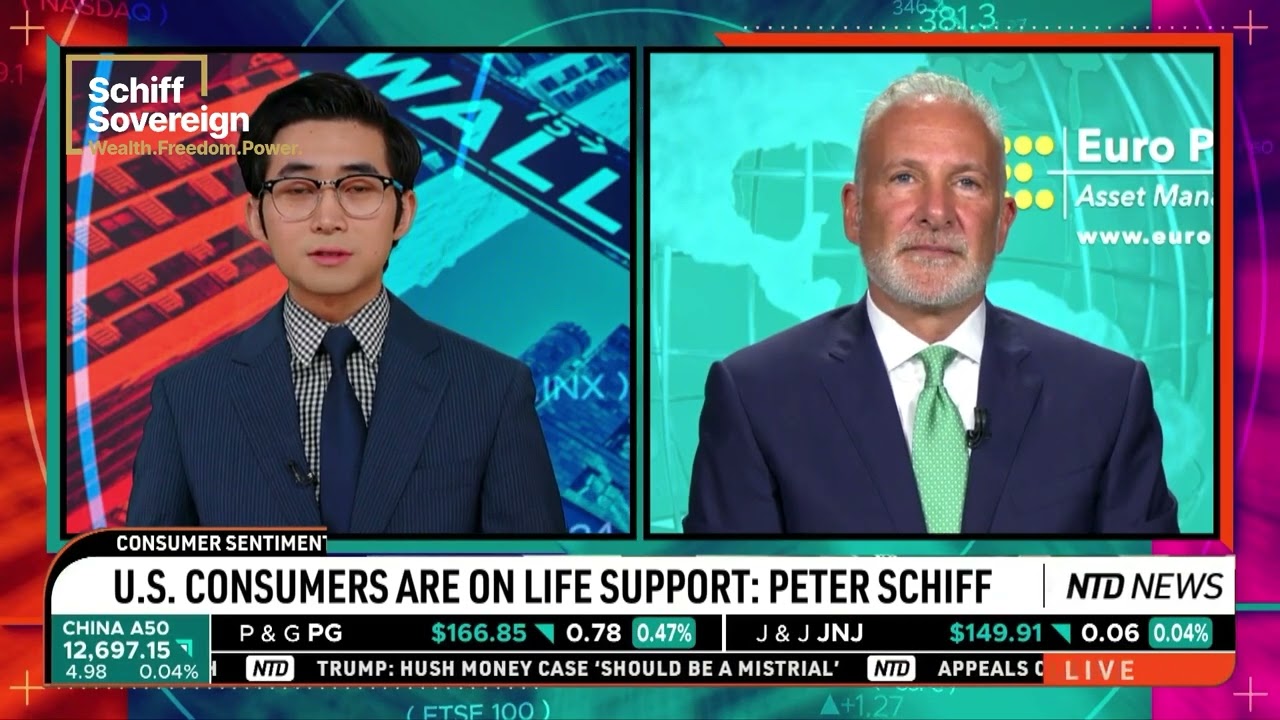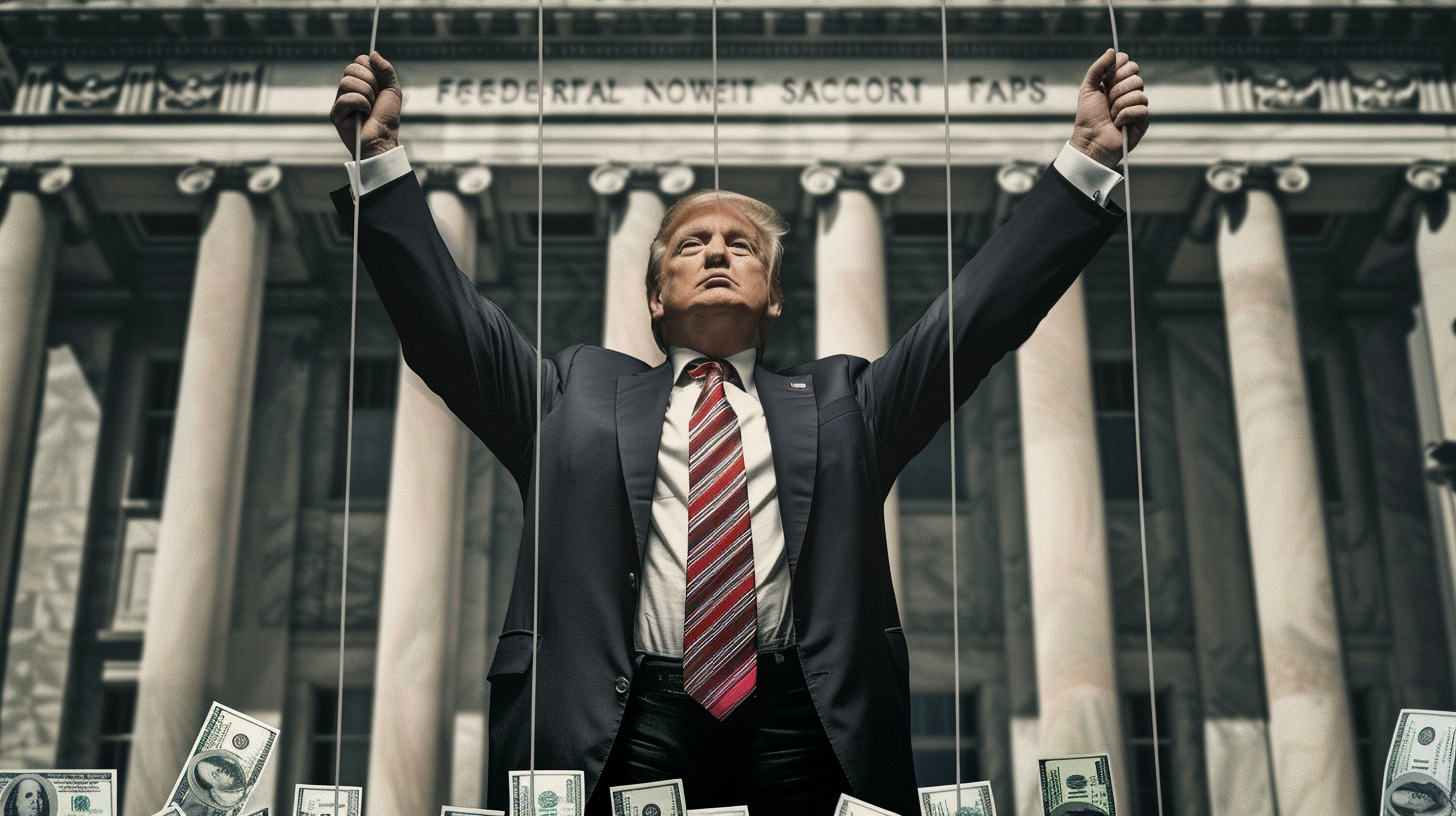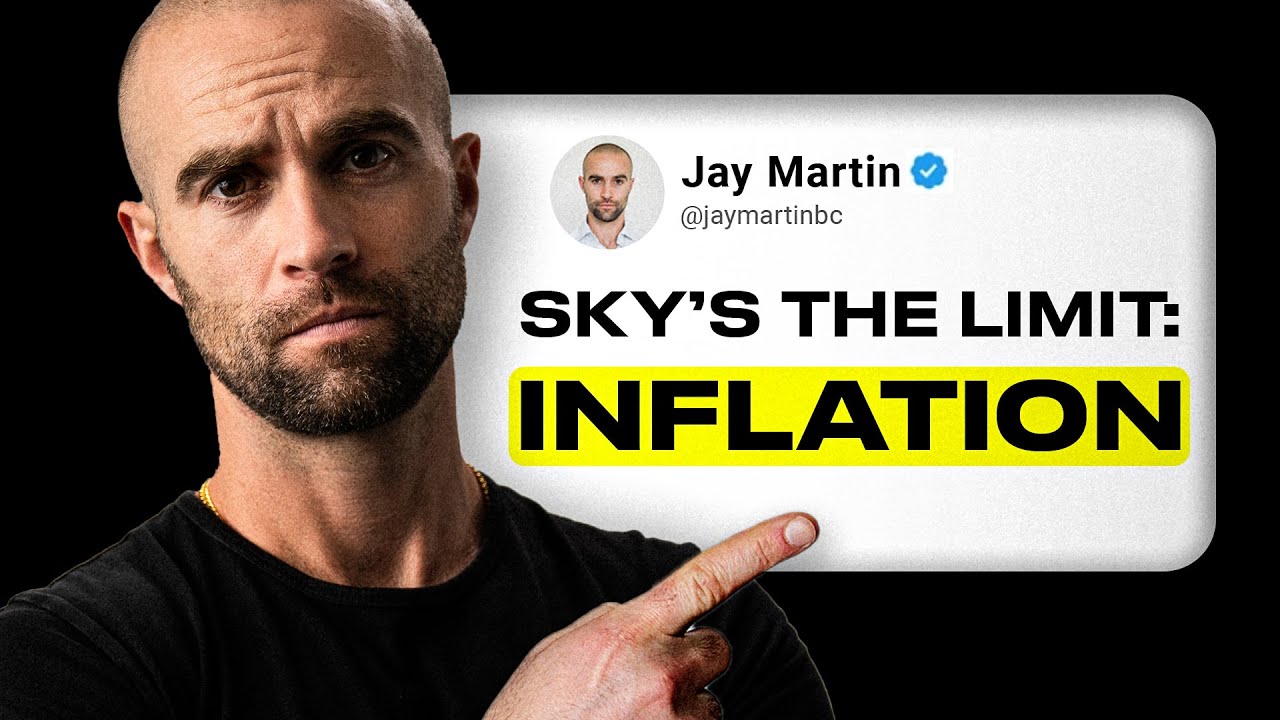Sound & Unsound Money: Gold vs. Dollars (Video)
Dr. Joseph Salerno, Academic Vice President at the Mises Institute, spoke with Power Trading Radio about the declining value of fiat currencies and the Federal Reserve’s incentive to depreciate the dollar. The interview is long, but Salerno’s comments are a good primer on how precious metals became — and remain — sound money. He also discusses the growing consensus on both sides of the aisle that the Fed needs to be audited. In fact, he believes we’ll see a full audit of the Fed within 5 years.
Highlights from the interview:
“When people began to trade many centuries ago, they had problems. The main problem was that they couldn’t find someone who would want what they had, even though they themselves, the person doing the trading, would like to have what the other person had. So if you were a shoemaker and I grew wheat, I couldn’t trade wheat for your shoes, even if I wanted the shoes, if you had no use for my wheat. From that problem, individuals began to look around and solve the problem by finding something that was in universal demand. Many of those things in many of those societies tended to be precious metals — things that people thought were beautiful, that they used in religious rituals, that the aristocracy used to show off their wealth and embroider into their clothes, and so on. In any case, people chose to trade what they specialized in against some sort of gold, silver, even bronze and copper early on… knowing that everyone else in that society had some sort of use for those things. At that point we had the beginning of what’s called a ‘medium of exchange’ coming into existence…
“Today we see that it is definitely the depreciation of the dollar and not some sort of scheme to raise prices all around by unions or businesses that have caused our labor to be worth less and less or our dollar to be worth less and less…
“In fact, if you think of the law of economics, the value of anything tends to fall to what its cost is. The cost of printing up a 100 dollar bill is about four cents per bill, so you can see the direction in which we’re moving. There is no barrier to the government continuing to print new money. In fact, with the huge debt they have, it’s actually in their interest to continue to print money because it deflates in real terms the debt that they have to pay in the future…
“You also might want to look at the fact that our GDP has been growing very slowly since, say, 2000, 2 percent, 3 percent per year. Yet the Dow has shot up, especially since 2007. Is it really true, then, that we’re twice as wealthy as we were? If we were, then we would have twice the amount of real goods and services that we’re using every day. And we’re certainly not twice as wealthy…
“In certain areas our productivity may very well have fallen. Continual improvement by the market of technology has offset some of the damage that the government has caused by inflating the money supply through the banking system…
“You would have to get out of dollar-denominated financial assets. You’d have to get into real assets. You’d have to get into gold, you’d have to get into ammunition, you’d have to get into things like canned goods and water and so on. I’m not a survivalist, necessarily, and I’m not advocating that, but certainly people should be moving their portfolios in that direction, where you have something that’s not fixed in dollar terms, which would be depreciating along with the dollars…
“The main achievement of our great Federal Reserve System: it has tremendously depreciated the dollar in the last 100 years…
“They (the Federal Reserve) can withstand an audit. That’s the whole point, That’s why they don’t want to get audited. But I think that there is sentiment on both sides of Congress, across the aisles, that the Fed should be audited. There are left-wings populists now that are joining with the Ron Paul types, those who know Austrian economics, and are pushing for this full auditing of the Fed. I think that’s going to actually happen. I don’t know when, but I think that in five years or less that that will happen…”
Get Peter Schiff’s latest gold market analysis – click here – for a free subscription to his exclusive weekly email updates.
Interested in learning more about physical gold and silver?
Call 1-888-GOLD-160 and speak with a Precious Metals Specialist today!



 On Friday, Don Ma interviewed Peter on NTD’s Business Matters. Their conversation focuses on declining consumer sentiment. With GDP and unemployment figures also signaling a recession, a worsening consumer outlook bodes poorly for the economy.
On Friday, Don Ma interviewed Peter on NTD’s Business Matters. Their conversation focuses on declining consumer sentiment. With GDP and unemployment figures also signaling a recession, a worsening consumer outlook bodes poorly for the economy. While in office, Trump blamed the Fed for tightening monetary policy. Now members of Trump’s team allegedly plan to give a re-elected Trump more power over the Fed, igniting panic from mainstream economists about a politicized Fed. Our guest commentator explains why the real risk, from the establishment’s perspective, is not that Trump will turn the […]
While in office, Trump blamed the Fed for tightening monetary policy. Now members of Trump’s team allegedly plan to give a re-elected Trump more power over the Fed, igniting panic from mainstream economists about a politicized Fed. Our guest commentator explains why the real risk, from the establishment’s perspective, is not that Trump will turn the […] On Wednesday, Peter appeared on This Week in Mining with Jay Martin. Jay and Peter discuss the state of the economy, the government’s assault on sound money, and why the mining sector constitutes a good investment.
On Wednesday, Peter appeared on This Week in Mining with Jay Martin. Jay and Peter discuss the state of the economy, the government’s assault on sound money, and why the mining sector constitutes a good investment. On Friday, Peter participated in an exhilarating debate over the merits of gold and Bitcoin. Professor of economics Nouriel Rabini joined Peter to debate Erik Voorhees and Anthony Scaramucci, two proponents of Bitcoin. They cover a lot of ground in their 2+ hour debate, so be sure to watch the full video on Peter’s youtube channel.
On Friday, Peter participated in an exhilarating debate over the merits of gold and Bitcoin. Professor of economics Nouriel Rabini joined Peter to debate Erik Voorhees and Anthony Scaramucci, two proponents of Bitcoin. They cover a lot of ground in their 2+ hour debate, so be sure to watch the full video on Peter’s youtube channel. In April, the U.S. economy added a disappointing 175,000 jobs, falling short of expectations and nudging unemployment up to 3.9% (see current trends here). This signals a slowing economy that might force the Federal Reserve to put the guard rails back on. Our guest commentator gives a deeper look at a worrisome trajectory: while part-time […]
In April, the U.S. economy added a disappointing 175,000 jobs, falling short of expectations and nudging unemployment up to 3.9% (see current trends here). This signals a slowing economy that might force the Federal Reserve to put the guard rails back on. Our guest commentator gives a deeper look at a worrisome trajectory: while part-time […]
Leave a Reply